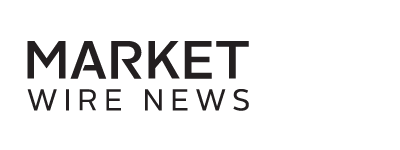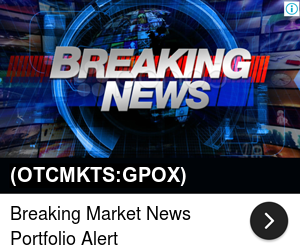EUM - ProShares Short MSCI Emerging Markets Stock Trading
About | ProShares Short MSCI Emerging Markets (NYSE:EUM)
None
Quote | ProShares Short MSCI Emerging Markets (NYSE:EUM)
| Last: | $14.4921 |
|---|---|
| Change Percent: | -0.49% |
| Open: | $14.49 |
| Close: | $14.4921 |
| High: | $14.53 |
| Low: | $14.461 |
| Volume: | 11,274 |
| Last Trade Date Time: | 04/19/2024 03:00:00 am |
News | ProShares Short MSCI Emerging Markets (NYSE:EUM)
-
2024-04-19 07:45:00 ET Summary This year started on a strong note, with global equity markets gaining 8.9%. With better-than-expected economic data being published in the U.S., but also in Europe and China, market confidence grew, leading to a regional broadening of the bull marke...
-
2024-04-17 09:25:00 ET Summary Investors have traditionally considered emerging markets a riskier investment opportunity set than developed markets. But the risk-return characteristics of EMs may be changing, as reflected recently in compressed EM sovereign spreads and realized eq...
Message Board Posts | ProShares Short MSCI Emerging Markets (NYSE:EUM)
| Subject | By | Source | When |
|---|---|---|---|
| No posts yet. | |||
News, Short Squeeze, Breakout and More Instantly...
ProShares Short MSCI Emerging Markets Company Name:
EUM Stock Symbol:
NYSE Market:
-
2024-03-29 19:42:00 ET Stock Traders Daily has produced this trading report using a proprietary method. This methodology seeks to optimize the entry and exit levels to maximize results and limit risk, and it is also applied to Index options, ETFs, and futures for our subscribers. This...
-
2024-02-28 01:18:00 ET Stock Traders Daily has produced this trading report using a proprietary method. This methodology seeks to optimize the entry and exit levels to maximize results and limit risk, and it is also applied to Index options, ETFs, and futures for our subscribers. This...
-
2024-01-05 03:08:00 ET Stock Traders Daily has produced this trading report using a proprietary method. This methodology seeks to optimize the entry and exit levels to maximize results and limit risk, and it is also applied to Index options, ETFs, and futures for our subscribers. This...





